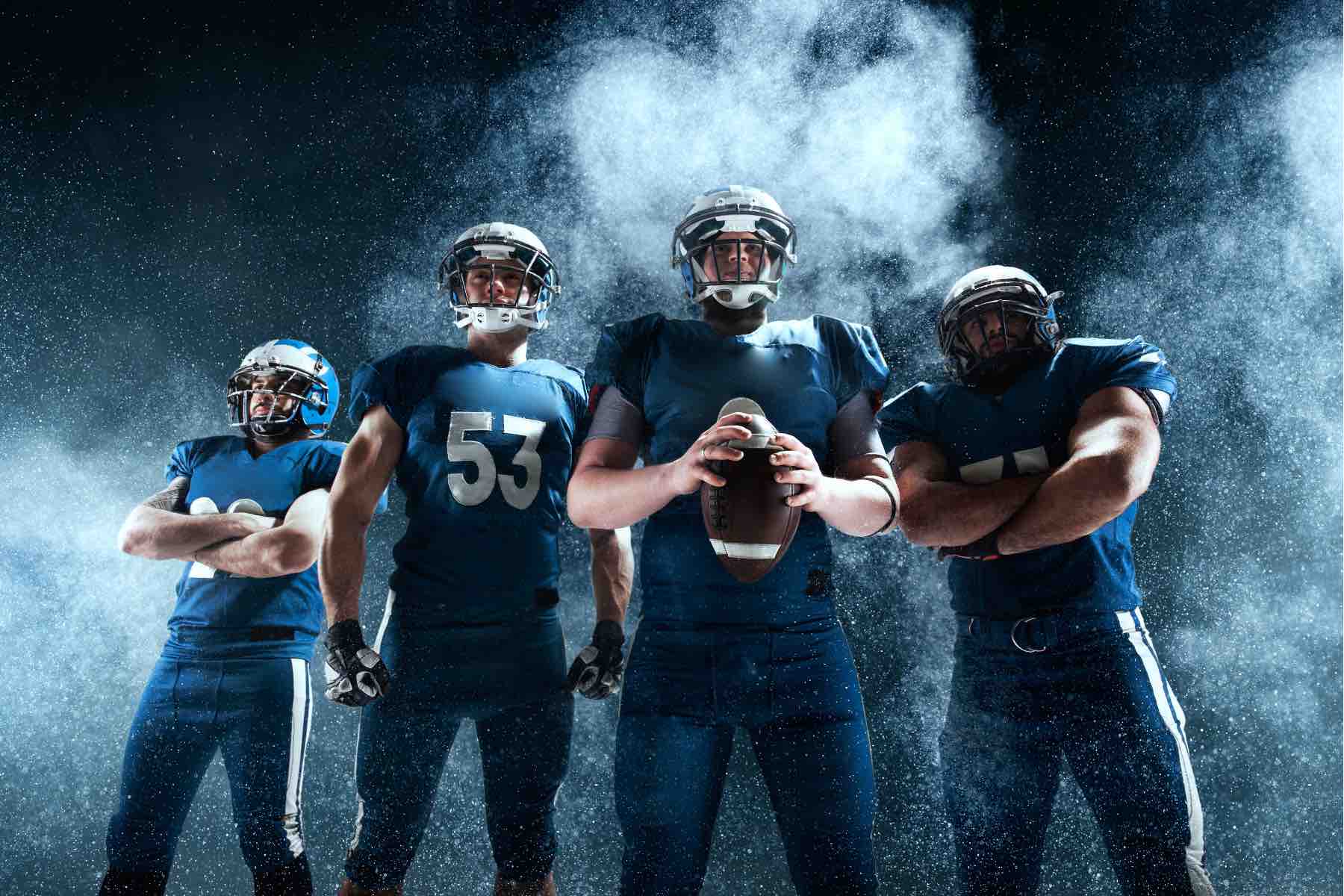
The Best Way to Manage Jet Lag and Travel Fatigue for Athletes
There is strong evidence that jet lag affects individual and team performance. Athletes who travel often are prone to jet lag and travel fatigue, particularly when travelling across multiple time zones.
In order to perform at an elite level, it is important to manage jet lag and travel fatigue in athletes. There is some evidence that a combination of non-pharmacological interventions such as exercise, sleep, light and nutrition, and pharmacological interventions such as melatonin might work for long-haul travel. However, wider research is required.
Recently, the NY Giants coach Joe Judge has changed their west coast flight plan to avoid jet lag and better manage athletes performance. Instead of departing the afternoon prior to the game and returning to New York immediately after the game, they depart for the west coast earlier, play the game, stay overnight to get a good sleep and return around lunch time the next day. It looks like it worked and the players loved it.
Professional sports teams have been using 1Above to manage jet lag symptoms since 2010. 1Above is batch tested with Informed Choice to ensure no WADA prohibited substances are found. Rest assured, elite athletes can safely use 1Above to help combat fatigue and support faster recovery.
Our clinical recommendations for managing symptoms of jet lag in athletes are as follows.
Before Departure
Go to sleep 1-2 hours closer to the destination time zone. Take two 1Above tablets daily 2-3 days before travel. Drink plenty of fluids and limit intake of alcohol and caffeine.
During Travel
Take one 1Above tablet (in 17 fl oz / 500ml water) every 2-3 hours during flight (max 2 tablets). Again avoid alcohol and caffeine on board as they worsen dehydration. Take a nap during the flight if it is time for sleep in the destination time zone.
After Arrival
Continue taking two 1Above tablets daily for another 2-3 days. Consider a short nap (20-30 minutes) to decrease sleepiness, particularly when travelling westward. Increase light exposure in the arrival time zone. Get more bright light in the evening when travelling westward and more in the morning when travelling eastward. Caffeine in the morning will increase alertness but avoid taking after lunch. Melatonin might help with sleep but making sure it is taken at the right time. The team doctor will be able to advise on this.
1Above contains essential vitamins, electrolytes and nature’s super antioxidant Pycnogenol clinically proven to support immunity and faster recovery. 1Above is an Official Supplier to the New Zealand professional basketball team, New Zealand Breakers.
Check out our article on How to beat jet lag.
As always thanks for reading. Stay safe and well!
References:
1) Lee, A., & Galvez, J. C. (2012). Jet lag in athletes. Sports health, 4(3), 211–216. https://doi.org/10.1177/1941738112442340
2) Janse van Rensburg DC, Jansen van Rensburg A, Fowler P, et al. How to manage travel fatigue and jet lag in athletes? A systematic review of interventions. British Journal of Sports Medicine 2020;54:960-968.
